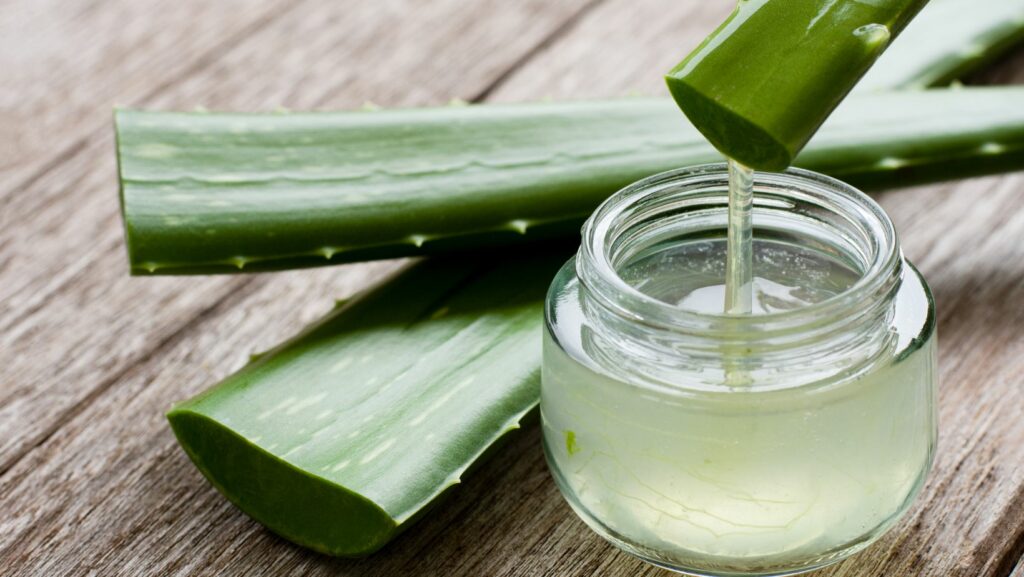Pink eye, or conjunctivitis, is an irritating condition that causes redness, itching, and discharge in the eyes. While many turn to over-the-counter medications for relief, there’s a growing interest in herbal remedies that offer a natural alternative. These remedies not only soothe symptoms but also align with a holistic approach to health that many are embracing today.
Herbal solutions for pink eye harness the power of nature’s pharmacy. Ingredients like chamomile, calendula, and green tea are renowned for their anti-inflammatory and antimicrobial properties. They provide a gentle yet effective way to alleviate discomfort and promote healing without the side effects often associated with synthetic drugs.
As more people seek natural ways to manage common ailments, understanding the benefits and applications of these herbal remedies becomes essential. Whether it’s a soothing compress or a calming eyewash, these natural options can be a valuable addition to one’s health toolkit.
Understanding Pink Eye
Pink eye, or conjunctivitis, involves inflammation of the conjunctiva, the thin layer covering the eye. This condition often affects both children and adults. Pink eye is an infection or irritation of the conjunctiva. It can stem from bacterial or viral infections, allergies, or irritants. This condition is highly contagious, especially in its viral and bacterial forms.
Symptoms of Pink Eye
 Symptoms commonly include redness, itching, and a gritty feeling in the eyes. Discharge, which can be watery or pus-filled, may also be present. Swollen eyelids and increased tear production are other indicators.
Symptoms commonly include redness, itching, and a gritty feeling in the eyes. Discharge, which can be watery or pus-filled, may also be present. Swollen eyelids and increased tear production are other indicators.
Causes of Pink Eye
Bacterial infections, including those from Staphylococcus aureus or Streptococcus pneumoniae, often result in pink eye. Viruses, such as adenovirus, are responsible for the viral form. Allergens like pollen can trigger allergic conjunctivitis, while irritants like smoke or chlorine also cause symptoms.
Herbal Remedies for Pink Eye
Herbal remedies for pink eye offer effective relief due to their natural properties. Ingredients with anti-inflammatory and antimicrobial effects can reduce symptoms and speed up recovery.
Chamomile
 Chamomile’s soothing properties help alleviate inflammation and irritation associated with pink eye. Chamomile tea bags, once cooled, can be applied to closed eyelids to soothe and reduce swelling. Flavonoids in chamomile contribute to its anti-inflammatory and calming effects, making it a popular choice in herbal medicine.
Chamomile’s soothing properties help alleviate inflammation and irritation associated with pink eye. Chamomile tea bags, once cooled, can be applied to closed eyelids to soothe and reduce swelling. Flavonoids in chamomile contribute to its anti-inflammatory and calming effects, making it a popular choice in herbal medicine.
Green Tea
Green tea is rich in antioxidants and possesses antimicrobial properties. Used as a warm compress, it can relieve swelling and discomfort caused by a pink eye. Compounds like catechins in green tea not only inhibit the growth of bacteria but also provide a cooling sensation, enhancing its effectiveness in soothing eye irritation.
Turmeric
Turmeric contains curcumin, known for its potent anti-inflammatory and antioxidant characteristics. A turmeric paste can be diluted and applied gently around the eyelids to help reduce inflammation. Curcumin helps in relieving eye irritation, making turmeric a powerful remedy for conjunctivitis.
Aloe Vera
Aloe vera offers moisturizing and healing benefits that can soothe pink eye symptoms. Aloe vera gel, when applied around the eyes, helps reduce swelling and provides relief from itching and redness. Its antibacterial and antiviral properties are beneficial in treating and preventing infections responsible for pink eye.
How to Use Herbal Remedies Safely
Herbal remedies can effectively manage pink eye symptoms if used correctly. Understanding dosage and potential allergic reactions ensures safe usage.
Proper Dosage
 Dosage varies based on the remedy type and concentration. For herbal teas such as chamomile or green tea, a warm compress soaked in the tea should be applied to the affected eye 2-3 times daily. Aloe vera can be gently applied with a clean cotton pad directly to the eyelids; however, ensure it’s pure without additives. Turmeric can be mixed with water to create a paste and applied around the eye area, taking care not to get it into the eyes. Consult a healthcare professional for personalized advice, especially for severe symptoms.
Dosage varies based on the remedy type and concentration. For herbal teas such as chamomile or green tea, a warm compress soaked in the tea should be applied to the affected eye 2-3 times daily. Aloe vera can be gently applied with a clean cotton pad directly to the eyelids; however, ensure it’s pure without additives. Turmeric can be mixed with water to create a paste and applied around the eye area, taking care not to get it into the eyes. Consult a healthcare professional for personalized advice, especially for severe symptoms.
Potential Allergic Reactions
Even natural remedies may cause allergic responses. Patch test an herbal remedy on a small skin area to check for adverse reactions such as redness or itching. Avoid substances previously known to cause allergies. Discontinue use immediately if irritation occurs and seek medical attention. Those with allergies to plants in the same family, like chamomile for those allergic to ragweed, should exercise caution.

